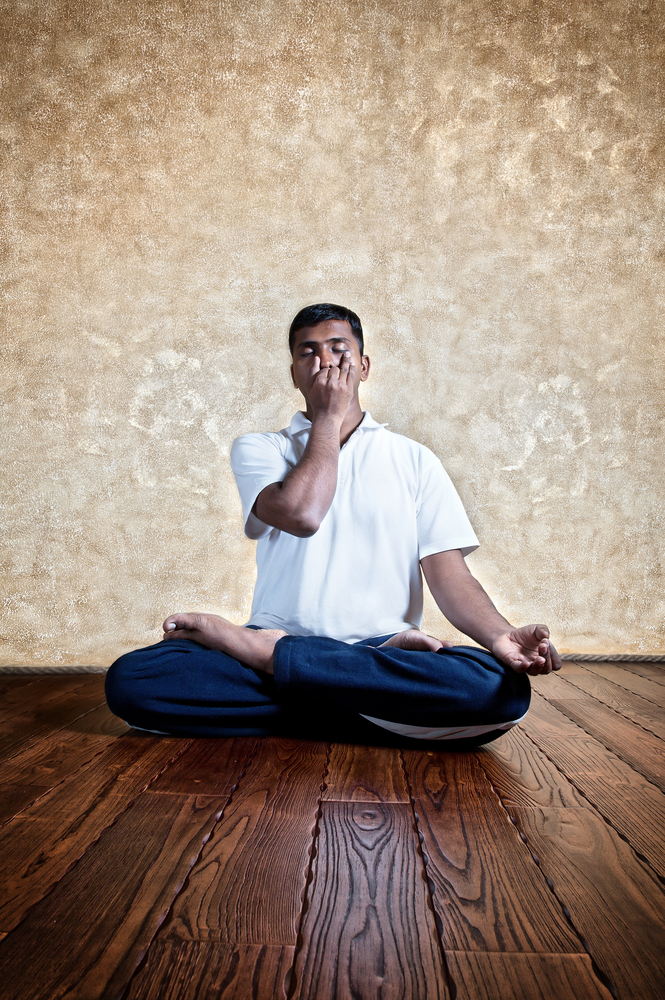 Imagine a recent time in which a friend or loved one was struggling. Maybe they experienced a failure or were feeling insecure – some sort of emotional struggle. What did you say to them? How did you treat them? Now, think about a recent time when you struggled. What sort of things did you say to yourself (or not say)? How did you treat yourself? Was there a difference in these two examples?
Imagine a recent time in which a friend or loved one was struggling. Maybe they experienced a failure or were feeling insecure – some sort of emotional struggle. What did you say to them? How did you treat them? Now, think about a recent time when you struggled. What sort of things did you say to yourself (or not say)? How did you treat yourself? Was there a difference in these two examples?
When I ask people to imagine these two scenarios, they often report two very different experiences. For many of us, compassion for others comes easily, but when it comes to showing compassion to ourselves, we struggle. We’re often very critical of ourselves, even using harsh self-talk. We are much more critical and even mean to ourselves than we would ever be to a loved one or even our worst enemy.
Here’s where self-compassion can make a difference! Self-compassion is all about treating yourself kindly, just like you would with a good friend or loved one. As part of her research on the topic, Kristin Neff (2016) found that there are three facets of self-compassion. The first is mindfulness, in which we became aware and acknowledge our struggle. The second factor is common humanity – where we realize that imperfection is part of the human condition and we are not alone in our suffering. The third part of self-compassion is self-kindness. With self-kindness, we avoid judging ourselves and instead comfort and support ourselves like we would a good friend.
Self-compassion is about acknowledging that we feel some sort of struggle in the moment, knowing that struggle is a normal part of life and we are not alone and then being kind to ourselves. By showing compassion and kindness to ourselves, we reduce our stress, anxiety and depression and increase our overall mental health and well-being.
My wish for you this month and beyond is that you try to be a little nicer to yourself. Show yourself that same kindness you show your loved ones. Think how comforting and helpful your empathy and support is for your friends and imagine if you were able to send that same care and compassion to yourself when you needed it. And, certainly don’t beat yourself up for beating yourself up. J If you notice you’re being self-critical, simply send some support and compassion to yourself instead – you deserve it!






